The safety and well-being of children and youth is everyone’s responsibility, and as someone who works and interacts with young people on a regular basis, you have a particularly important role to play. Whether you’re a sports coach, day home or daycare professional, camp counsellor, library staff, or any kind of volunteer or professional who works directly with children and youth, by learning how to recognize signs of abuse and what to do about it, you are taking an important step in keeping them safe.
Our Recognizing, Reporting, and Responding to Child Abuse video will help you recognize signs of abuse and know what to do if you suspect a child is experiencing abuse at home, and what to expect once you report your suspicions to Children and Family Services.
Recognizing Signs
Abuse can result in functional, emotional and behavioural changes in children. It's important to know what to look for and pay attention when a child begins to show signs that have no reasonable explanation.
Things to look for include:
Sudden changes in behaviour, performance or emotion
Unexplained marks or bruises, or explanations of how the injuries happened that don’t match what the injuries look like
Extreme behaviours like aggression, avoidance or withdrawal
Sexual knowledge or behaviour beyond a child’s stage of development
Children who don’t want to be at home or who run away from home
Always hungry, sick, or not suitably dressed for the conditions or environment
Every child responds differently to abuse but these signs can be indicators that something is happening within a child’s life that needs to be explored further.
How To Report
If a child is in immediate danger, call 911
If you suspect a child is experiencing abuse at home, call Children & Family Services’ Child Abuse Hotline at 1-800-387-5437 (KIDS)
You can also call police to report suspicions and disclosures of abuse:
Calgary Police Service at 403-266-1234
Find your local RCMP detachment here
Anonymously to Crime Stoppers at 1-800-222-8477
If you have a suspicion or concern, you have a legal duty to report it. It is not your responsibility to prove or investigate it.
How to Respond
Be aware of your reaction:
A child may come to a trusted adult because they believe you can help. Although it is common to feel fear, disbelief, anger or sadness, it is important to set aside personal feelings and stay calm. An adults initial reaction to a disclosure of abuse is the first step in the child's journey toward healing.
Allow the child to do most of the talking. If you need more understanding about the context, use an open-ended question or phrase such as, “Can you tell me more?” or “How did that happen?”
Supporting the child:
The child needs to be heard and responded to with empathy
Tell the child you believe them
Reassure the child it is not their fault telling you was the right thing to do
Explain that you will need to tell someone who can help them. You cannot keep it a secret
Ensure that the child feels cared for and supported







